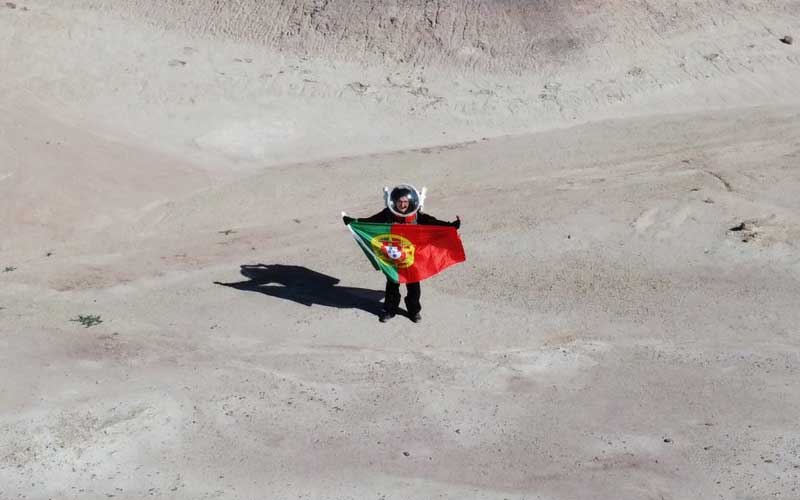
Portugal has adopted a suite of new legislation aimed at regulating the licensing process for space objects, whether launching and returning vehicles to and from space or placing satellites into orbit.
The country’s Space Law and Space Activities Regulation documents were initially developed in 2019. Before adoption, however, regulators required a specific framework that would govern potential civil liability arising from space activities.
“Under the terms of the aforementioned decree-law, operators are responsible for damage caused in the exercise of space activity, particularly within the scope of objective liability for damage caused by the space object on the surface of the Earth or to aircraft in flight, as well as liability in the event of fault for damages outside that scope,” states the regulatory framework.
The civil liabilities framework was completed and published on 11 September 2023, allowing the country’s Space Law regulations to come into force. In a press release, the country’s Space Authority explained that “As a result of the publication of this ordinance, it is now possible to complete the entire licensing process for space objects.”
While the country does not yet have an operational spaceport, it is exploring the possibility of building one on Santa Maria, an island in the eastern group of the Azores archipelago. In September 2018, the country published a request for interest (RFI) that saw fifteen companies declare an interest in developing space launch facilities on the island. As a result of the RFI, the country created the Azores International Satellite Launch Programme (AISLP).
In addition to the spaceport itself, Santa Maria will also likely be, at the very least, a backup landing location for ESA’s reusable Space Rider spacecraft, which covers the “returning vehicles” element of the new legislation.
Portugal currently doesn’t have a homegrown launch startup developing a vehicle that could base its operations out of Santa Maria. However, Rocket Factory Augsburg does have production facilities in Portugal.

